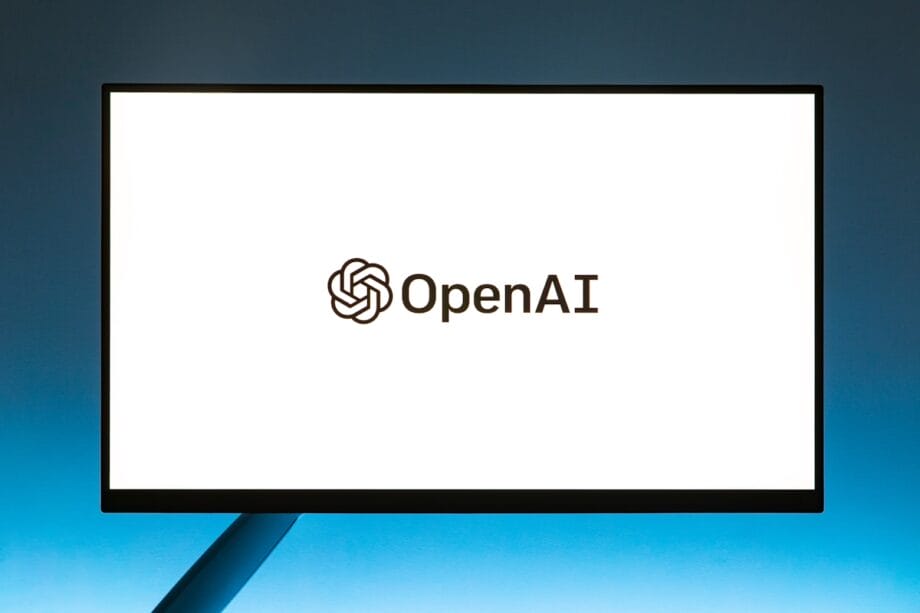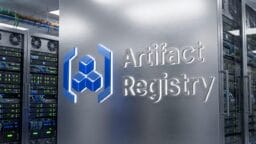OpenAI’s Astounding Valuation Surpasses Rivals
OpenAI has potentially claimed the title of the world’s most valuable startup, eclipsing notable contenders such as Elon Musk’s SpaceX and ByteDance, the parent company of TikTok. This remarkable ascent follows a secondary stock sale aimed at incentivizing employees at the pioneering ChatGPT developer.
According to an insider privy to the transaction, a consortium of investors facilitated the purchase of $6.6 billion in shares from current and former OpenAI employees, propelling the valuation of this privately held artificial intelligence entity to an astounding $500 billion.
The illustrious group of investors includes Thrive Capital, Dragoneer Investment Group, and T. Rowe Price, alongside the Japanese technology powerhouse SoftBank and the United Arab Emirates’ MGX, as disclosed by the source on Thursday.
This valuation epitomizes the high aspirations surrounding the future of AI technology, underscoring OpenAI’s incredible evolution from its inception as a nonprofit research laboratory in 2015.
However, the San Francisco-based organization has yet to report profitability, raising concerns about the potential for an AI bubble should the generative AI products developed by OpenAI and its competitors fail to fulfill the lofty expectations of investors inundating the sector with billions in research and development funds.
OpenAI’s CEO, Sam Altman, has sought to mitigate these apprehensions. Most recently, during a visit to a sprawling data center being constructed to support the company’s AI systems in Abilene, Texas, he addressed the bubble discourse.
“Throughout our decade of operation and the numerous decades ahead, the market will witness cycles of growth and contraction,” Altman articulated. “Investors will occasionally overcommit and incur losses, while underinvestment may also lead to significant revenue deficits.”
He further noted, “We may encounter erroneous capital allocations, yielding transient fluctuations. Yet, when considering the larger picture, we maintain confidence that this technology will usher in a new era of unparalleled economic development, complemented by scientific advancements, enhancements to quality of life, and innovative avenues for creativity.”
In a display of its ambition, OpenAI recently launched two business initiatives: a collaboration with Etsy and Shopify for integrating online shopping features within ChatGPT, and a new social media application, Sora, dedicated to creating and sharing AI-generated videos.
Amidst these strides, OpenAI continues to grapple with the challenge of matching the compensation and perks offered by larger publicly traded tech entities.
Notably, Meta Platforms has initiated an aggressive recruiting campaign targeting top-tier AI engineers and recently invested $14.3 billion in AI firm Scale, securing the services of CEO Alexandr Wang.
The for-profit arm of OpenAI, now valued at $500 billion, remains under the stewardship of the nonprofit’s board, ensuring adherence to its charitable objectives.
OpenAI’s collaborations with prominent firms and its impending corporate restructuring have drawn scrutiny from regulatory bodies, including the attorneys general of California and Delaware, who are tasked with overseeing charitable organizations within their jurisdictions.

In recent weeks, OpenAI has solidified significant partnerships, notably with Oracle and SoftBank on a data center initiative titled Stargate, and with chip manufacturer Nvidia, which supplies essential AI chip technology. Concurrently, it has begun to attenuate its deep-rooted reliance on Microsoft.
In September, OpenAI revealed a preliminary agreement with Microsoft regarding the future positioning of its nonprofit organization within its for-profit entity, although specifics remained sparse.
The organization has also opened applications for nonprofits to access $50 million in funding, an initiative inspired by recommendations from an advisory board.
These grants aim to augment public comprehension of AI, promote the design of AI systems that cater to community needs, and enhance economic opportunities. The application window will close on October 8.
Contributions to this report were made by Thalia Beaty, AP Philanthropy Writer.
The Associated Press and OpenAI maintain a licensing and technology agreement that facilitates OpenAI’s access to portions of AP’s text archives.
Source link: Bnnbloomberg.ca.






